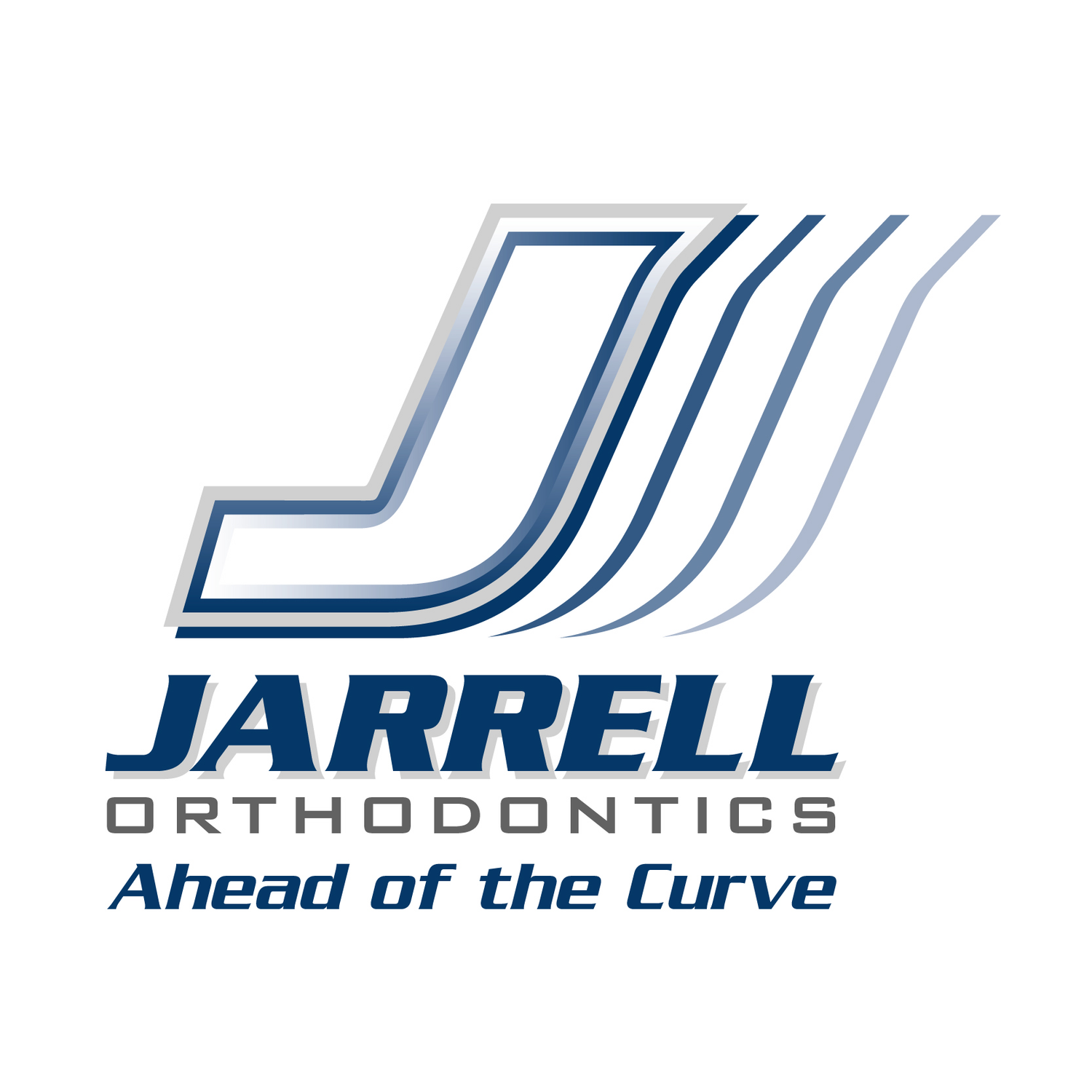
Orthodontics for Adults
When you look at yourself in the mirror, do you wish you had a more attractive smile? Then why not make a change for the better? After all, braces are not just for kids. Teeth can be straightened at any age, and a new smile will last for the rest of your life. A pleasing smile is great to have no matter what your age or lifestyle because when you look your best you feel good about yourself. The self-confidence gained from a beautiful smile is rewarding in many ways - helping to get that new job or promotion; getting a date with that special guy or gal; or looking your best in the wedding and anniversary pictures. Yes, improving your smile is always a change for the better.
Did you know…
There are many myths surrounding braces and adult orthodontics:
MYTH: Adults don’t get braces.
FACT: Approximately 20 percent of all orthodontic patients are adults over age 18.
MYTH: Braces are too embarrassing as an adult.
FACT: Today’s braces can be made from ceramic to blend in with your natural tooth shade. Many adults also opt for removable braces made of clear and discreet aligning trays.
MYTH: I don’t want to spend years in braces.
FACT: You probably won’t have to. Many adults complete orthodontic treatment in just months.
More Than Beautiful Smiles
Although the importance of a nice smile should never be underestimated, the orthodontic specialist has another equally significant treatment goal - to improve the health of your teeth and gums. Did you know that crooked teeth and bad bites can seriously affect general oral health and sometimes jaw joints (TMJ problems)? Crowded teeth are hard to clean and maintain and in time may contribute to tooth decay, gum disease and eventual tooth loss. Bad bites can also result in abnormal wear of tooth surfaces, difficulty in chewing and damage to supporting bone and gum tissue. Jaw joint (TMJ) pain and associated headaches can sometimes be attributed to crooked teeth and incorrect bites. When left untreated, many orthodontic problems become worse. Treatment by a specialist to correct the original problem is often less costly than the additional dental care required to treat more serious problems that can develop in later years.
Never Too Old To Be Your Best
Orthodontic treatment is always a change for the better regardless of your age. The biological process involved in tooth movement is the same in both adults and children. The health of your teeth, gums and supporting bone is what's most important in determining the prospects for improving your smile and dental health.
Because an adult's facial bones are no longer growing, certain corrections cannot be accomplished with braces alone. But don't let that discourage you. Very dramatic facial changes are now being achieved with a combined approach of surgery and orthodontics. Should you require this type of treatment, Dr. Jarrell will explain the procedures.
Frequently Asked Questions
Am I a candidate for adult orthodontics at Jarrell Orthodontics?
You may be a candidate for adult orthodontics if your teeth are crowded, overlapping, crooked, or have gaps between them. To find out more about your treatment options, schedule a consultation.
What should I expect during adult orthodontic treatment?
During your orthodontic screening, you will undergo an examination and digital imaging to determine the position of your teeth and bite. Dr. Jarrell will map out an orthodontic treatment plan designed to give you the straightest teeth possible in the least amount of time. Depending on the type of braces you choose – traditional or removable – you’ll be fitted for your appliance and given instructions on how frequently to return for follow-up appointments.
Will I need to follow any special instructions while I have my braces?
Yes. If you are wearing clear aligners, you’ll need to change out your trays every few days or weeks. You’ll also be instructed to wear your aligners at all times, with the exception of during meals and while brushing your teeth. If you have traditional braces, you may be given special instructions to avoid biting down on hard or chewy foods, such as popcorn kernels, ice and taffy.

